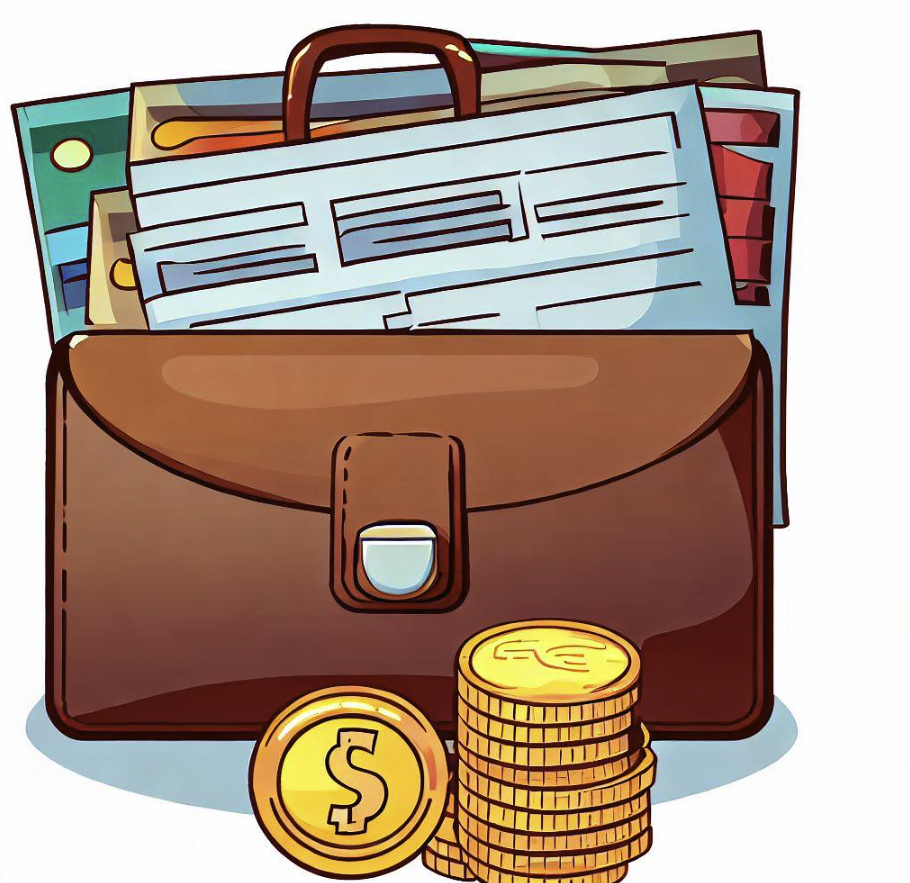The credit scoring industry is ripe for disruption, and ZCash has emerged as a potential game-changer. Traditional credit scoring methods face limitations in terms of privacy, security, and accuracy. In this article, we delve into the potential of ZCash to revolutionize the credit scoring industry. To efficiently trade Bitcoin, it is important to have a reliable trading platform like limmercoin Check it out now!
ZCash and Disruption in Credit Scoring
ZCash has the potential to bring about significant disruption in the credit scoring industry. By addressing the current challenges faced by traditional credit scoring methods, ZCash offers a new approach that could revolutionize how creditworthiness is assessed.
One of the key advantages of ZCash is its ability to enhance data privacy and security. Unlike traditional credit scoring systems that rely on centralized databases containing sensitive personal information, ZCash leverages advanced cryptographic techniques to ensure anonymity and privacy in transactions. This means that individuals can have greater control over their financial data and who has access to it.
Furthermore, ZCash’s utilization of blockchain technology introduces transparency and immutability to the credit scoring process. By recording all transactions on a distributed ledger, ZCash enables a trustless system where creditworthiness can be verified without relying on intermediaries. This not only reduces the risk of fraudulent activities but also allows for more accurate and reliable credit scoring.
The potential applications of ZCash in credit scoring are vast. Decentralized credit scoring platforms powered by ZCash could enable individuals to have direct control over their credit data and provide lenders with a more comprehensive and accurate assessment of their creditworthiness. Smart contracts can automate the credit scoring process, eliminating the need for manual evaluations and streamlining the lending process.
While the advantages of using ZCash in credit scoring are significant, there are also some limitations to consider. Regulatory considerations and legal challenges may arise when integrating ZCash into existing credit scoring systems. The need for compliance with anti-money laundering (AML) and know your customer (KYC) regulations must be carefully addressed to ensure the legality and legitimacy of the credit scoring process.
ZCash has the potential to disrupt the credit scoring industry by addressing the limitations of traditional methods and introducing enhanced privacy, security, and transparency. While there are challenges to overcome, the integration of ZCash into credit scoring systems could lead to more efficient, accurate, and fair assessments of creditworthiness, benefiting both lenders and borrowers alike.
Potential Applications of ZCash in Credit Scoring
One prominent application is the development of decentralized credit scoring platforms powered by ZCash. These platforms would allow individuals to have direct control over their credit data, eliminating the need for intermediaries such as credit bureaus. By leveraging the privacy and security features of ZCash, individuals can securely store and share their financial information with lenders, enabling a more comprehensive and accurate assessment of their creditworthiness.
Another application is the use of smart contracts in automated credit scoring. With ZCash, smart contracts can be utilized to automate the credit evaluation process, removing the need for manual assessments. These contracts can be programmed to consider various factors such as payment history, income, and other relevant data to determine creditworthiness.
Additionally, ZCash can facilitate the integration of alternative data sources into credit scoring. Traditional credit scoring methods heavily rely on credit history, which may not accurately reflect an individual’s current financial situation or potential creditworthiness. ZCash’s privacy features enable the secure inclusion of alternative data sources such as transaction history, rental payments, or utility bill payments.
It’s important to consider the limitations of using ZCash in credit scoring applications as well. One such limitation is the potential impact on regulatory compliance. Integrating ZCash into credit scoring systems must navigate legal frameworks, including anti-money laundering (AML) and know your customer (KYC) regulations. Ensuring compliance while maintaining the privacy and security features of ZCash presents a challenge that must be carefully addressed.
ZCash holds significant potential for application in credit scoring. Decentralized credit scoring platforms, automated credit evaluation through smart contracts, and the inclusion of alternative data sources are just a few examples of how ZCash can enhance the accuracy and efficiency of credit assessments. While regulatory challenges exist, leveraging the features of ZCash can pave the way for fairer, more transparent, and inclusive credit scoring systems.
Conclusion
ZCash has the potential to disrupt the credit scoring industry by addressing the limitations of traditional methods. Its emphasis on privacy, security, and transparency opens up new avenues for credit assessment. From decentralized credit scoring platforms to automated credit evaluation using smart contracts, ZCash offers innovative solutions that can enhance the accuracy and efficiency of credit scoring processes.


